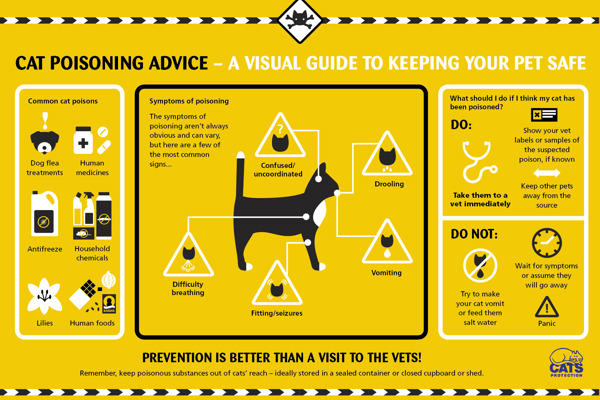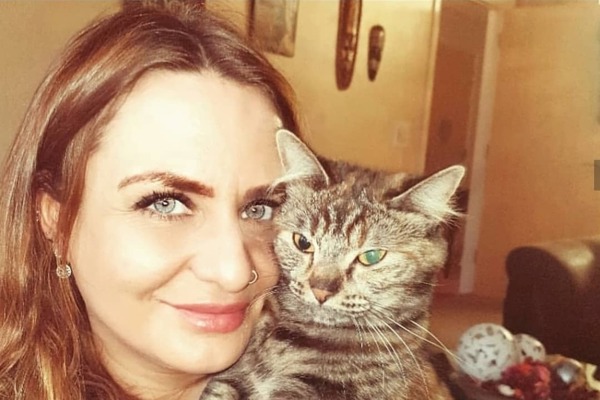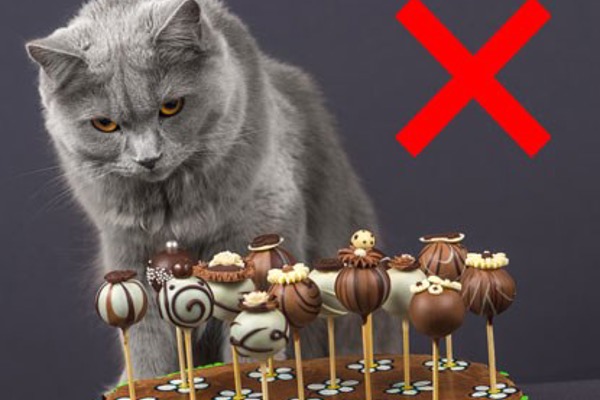Essential oils have a wide range of uses, from calming aromatherapy to making our homes and beauty products smell nice, but they can also cause harm to cats.
Read our vet-approved guide on which essential oils are bad for cats, the symptoms of essential oil poisoning and how you can keep your cat safe around essential oil diffusers.
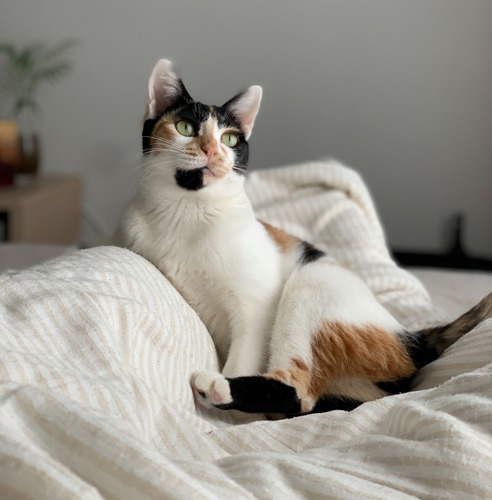
Which essential oils are poisonous to cats?
Most essential oils are toxic to cats, including:
- cinnamon oil
- citrus oil
- clove oil
- eucalyptus oil
- lavender oil
- pennyroyal oil
- peppermint oil
- pine oil
- sweet birch oil
- tea tree oil
- wintergreen oil
- ylang ylang oil
Essential oils are particularly dangerous to cats if they are neat and undiluted. The essential oils in toiletries, cosmetics, reed diffusers and plugin diffusers are usually diluted, however the carrier oil used to dilute the essential oil in many products can also make your cat ill if they eat it, due to the high levels of fat it contains.
How are essential oils toxic to cats?
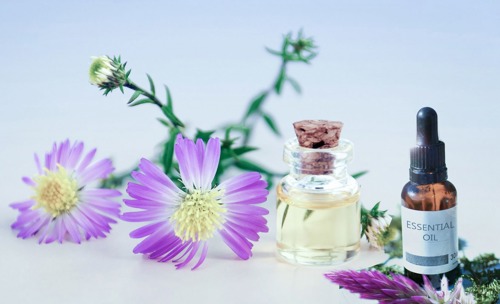
Essential oils can be toxic to cats through skin contact, ingestion and inhalation. Coming into contact with essential oils in these ways can cause serious organ damage to cats, including liver failure, seizures and even death.
Never apply essential oils to your cat’s fur or skin. As well as being absorbed through the skin, your cat could also lick the oil off their fur and swallow it as they groom.
Inhaling essential oils from products such a reed diffusers or plugin diffusers can also be dangerous to cats and may have psychological effects. However, as the oils used are often very diluted, the effects are quite rare. If your cat has a medical condition such as asthma then extra care should be taken. It’s also best to avoid nebulised or ultrasonically diffused essential oils as the risk can be greater.
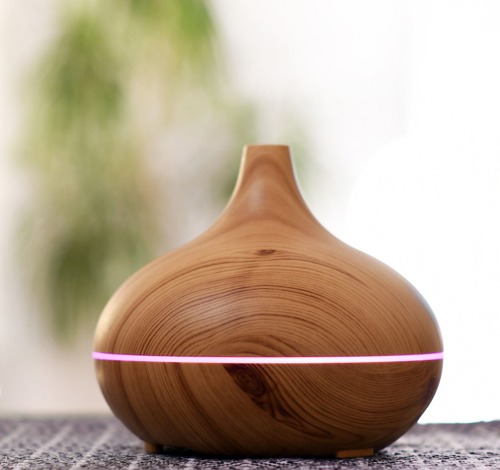 Nebulising or ultrasonic essential oil diffusers should be avoided in homes with cats
Nebulising or ultrasonic essential oil diffusers should be avoided in homes with cats
Symptoms of essential oil poisoning in cats
If you think your cat has come into contact with or eaten essential oils, contact your vet immediately, even if they aren’t showing symptoms. It will be helpful for your vet if you can tell them which essential oil your cat may have been exposed to and the concentration of the oil. You can check the product packaging for this information.
If you notice any of the following symptoms in your cat, they could have essential oil poisoning and you should contact your vet straight away:
- excessive dribbling
- shaking and tremoring
- unsteady on their paws (as if they’re drunk)
- lethargy, depression or dullness
- difficulty breathing or breathing with their mouth open
- vomiting
- collapse or seizures
Contact with essential oils can also cause your cat’s skin to become red or sore, or even result in chemical burns. However even if there is no damage to their skin, they could still be unwell.
How can I keep my cat safe around essential oils?
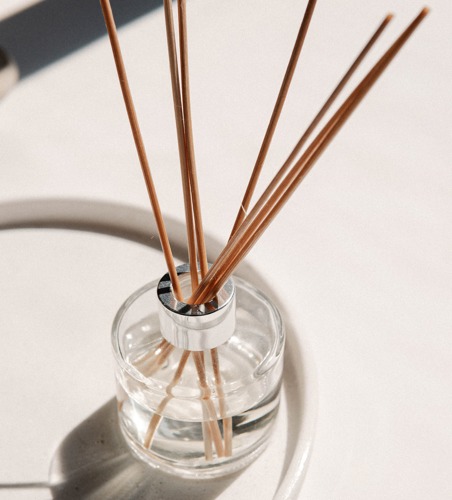 Try to keep your cat out of rooms where you have reed diffusers or plugin diffusers
Try to keep your cat out of rooms where you have reed diffusers or plugin diffusers
If you use essential oils at home, then there are some simple steps you can take to reduce the risk of harm to your cat.
- Store essential oils out of your cat’s reach – Keep any containers securely fastened and in a cupboard that your cat can’t access to avoid them coming into contact with any accidental spills from leaky bottles.
- Wash your hands after handling essential oils – If you touch or stroke your cat with essential oil residue on your hands then it may transfer to their fur and they could lick it off.
- Only use essential oils that are heavily diluted – Using essential oils in low concentrations will help minimise the risks to your cat.
- Keep your cat out of the room – If you are using reed diffusers or plugin diffusers, try to keep your cat out of the room they are in and then ensure the room is well ventilated before letting the cat back in.
- Don’t clean with essential oils – Cats like to rub against objects, so if they rub against something you’ve cleaned with essential oils, they could get it on their fur.
- Only use prescription flea products – Some over-the-counter flea treatments can contain essential oils to ‘help keep flies away’. These can be less effective than other medications and can be dangerous for your cat, so we recommend only using products prescribed by your vet or pharmacist.
For more information about the signs of poisoning in cats and the other toxic substances you should be aware of, visit https://www.cats.org.uk/help-and-advice/home-and-environment/poisoning

